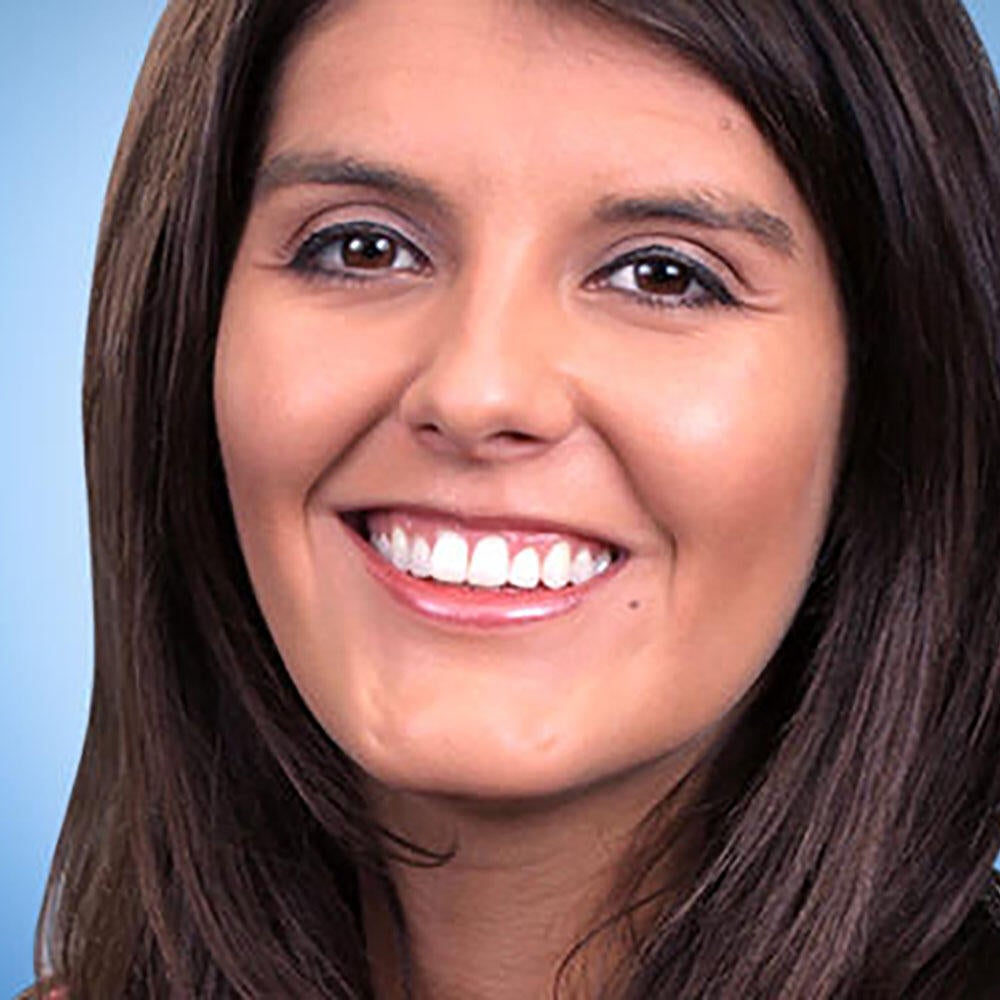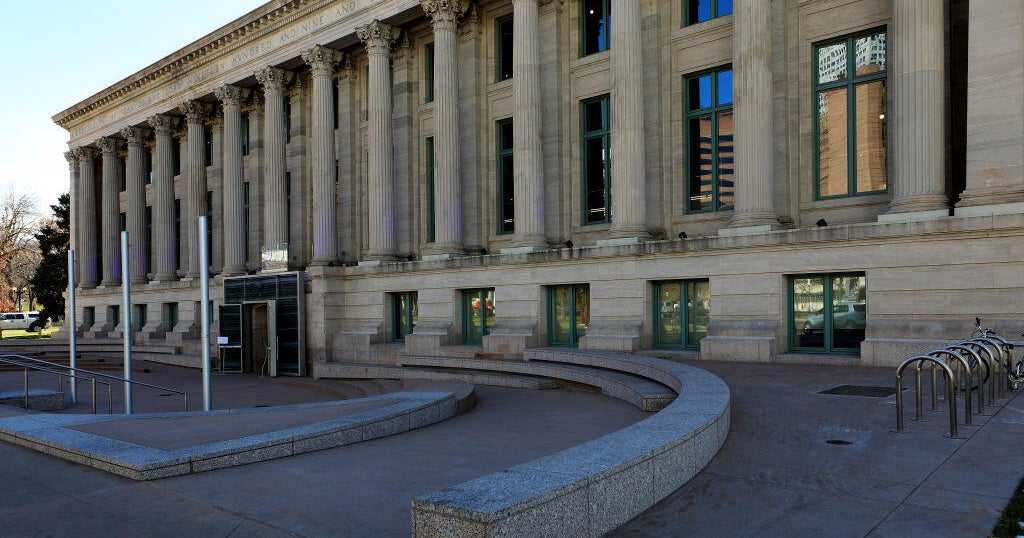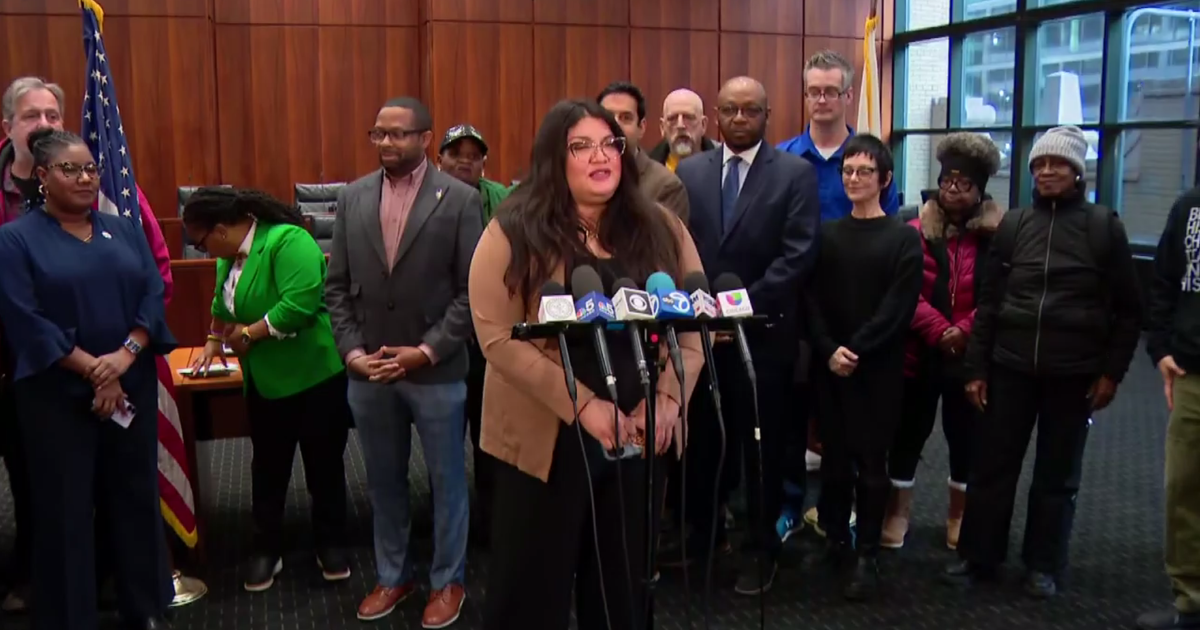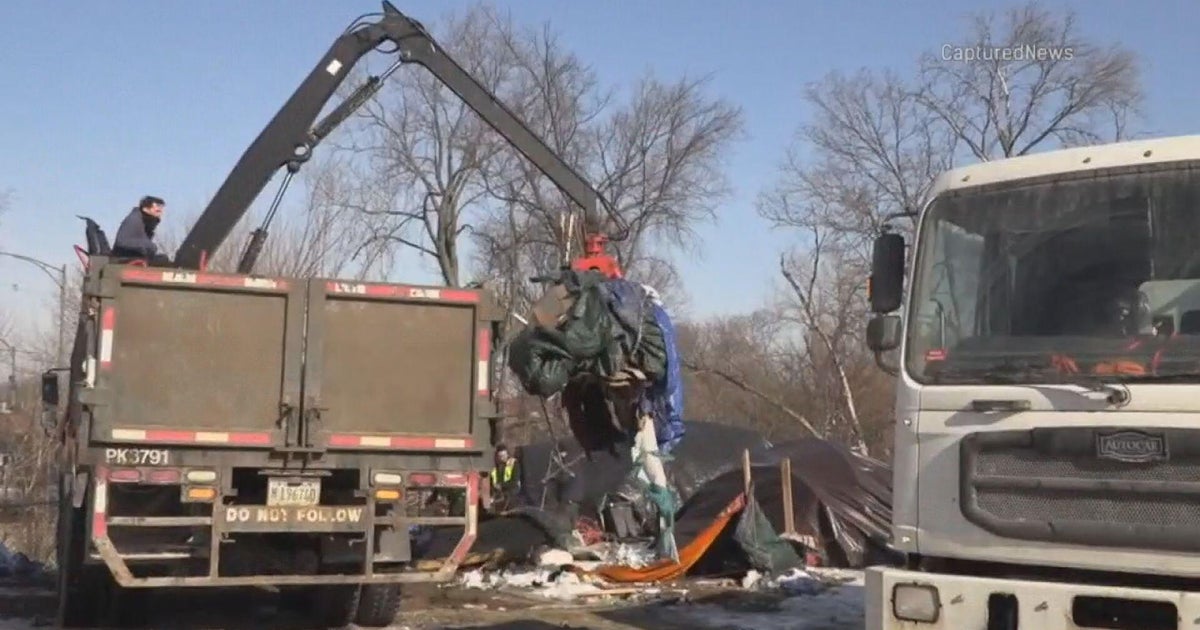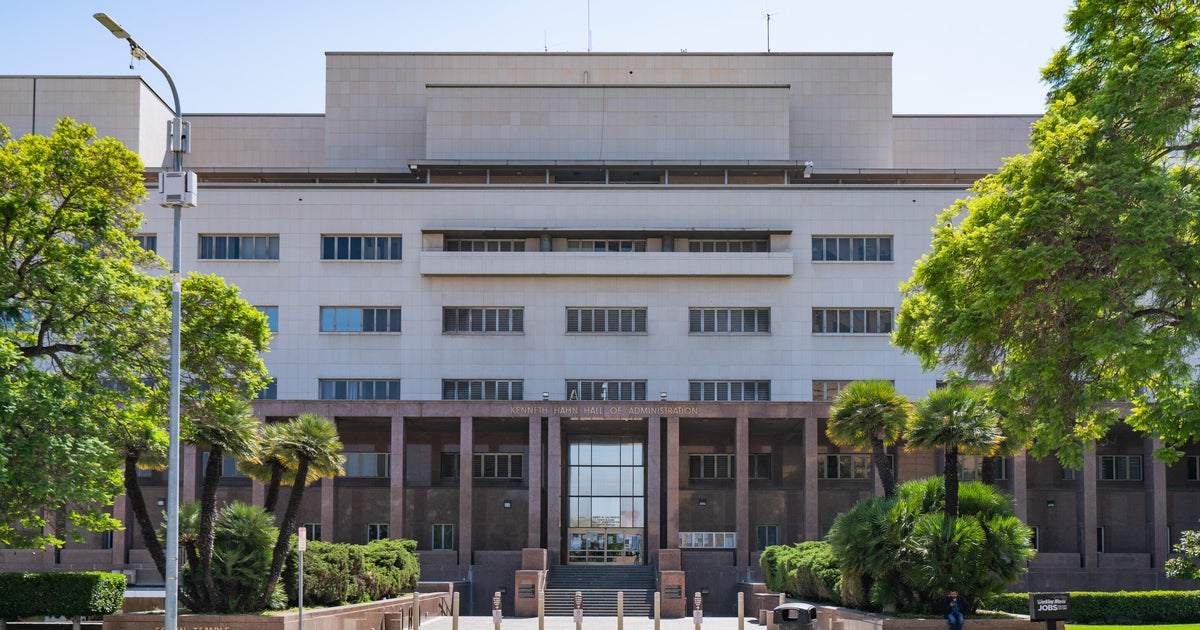Denver Basic Income Project secures funding for expansion
After a one-year pilot program the Denver Basic Income Project is seeing initial signs of success and has already landed an additional $2 million in funds from the city.
Like so many others who are now homeless, April, who asked that CBS Colorado not use her last name, never imagined she would be without a home.
"I was married to a good friend of mine. We had been friends for 10 years, and I just placed a lot of trust, and he became an alcoholic and a drug addict and emptied our bank accounts and destroyed what we had built," she explained.
April was going to school to get a psychology degree and working as a food delivery driver to help with expenses. Meanwhile, she believed her husband was holding down a full-time job.
"That car was repossessed because of those bills I was told were being paid," she added.
April ended up in Denver and spent a year living day-to-day in an area shelter, where she quickly learned about Denver Basic Income Project.
"We worked with our partner organizations and just spread the word," Mark Donovan said. "When you are providing unconditional cash, the word spreads pretty quickly."
Donovan used his own money to fund Denver Basic Income Project following the pandemic and has since received more than $10 million in commitments, including $2 million from federal funds allocated by former Denver Mayor Michael Hancock.
"The idea is, if you create an income floor below which nobody falls, that it creates a more stable and thriving community and society," Donovan said.
The program wrapped up its first year in November; roughly 800 people experiencing homelessness were enrolled. One group received $1,000 a month for 12 months; a second group got $6,500 in the first month, and $500 a month for 11 months; and then a third group used as a control received $50 a month.
"What we are seeing is kind of what we expected is that people are going to use this money for basic needs, whether its food shelter or fixing a car, trying get a better job," Donovan said.
Voluntary surveys were used to track the success of those participants.
In the first six months, they found in each group the number of people living in homes or apartments they owned or rented went up from 8% at the start to 35%.
Those working full-time jobs jumped as well going from 22% to 27%.
April was in group one and received $1,000 over the last year.
"It was so so much for," she said chuckling. "So much more than nothing."
April used that money to purchase her own car, get her own apartment with the help of a voucher and to graduate with a college degree.
"I think when we all can be the best version of ourselves than we will choose to be the best version of ourselves because we want what's best for us,
Also happening in Colorado: The City of Boulder just wrapped up the application process for its two-year guaranteed income project, giving low income households $500 a month.
